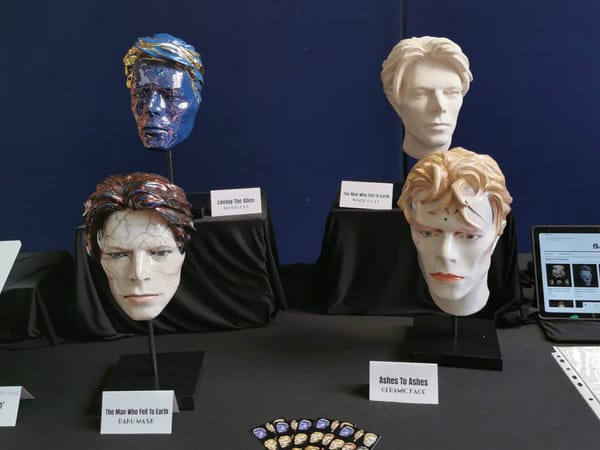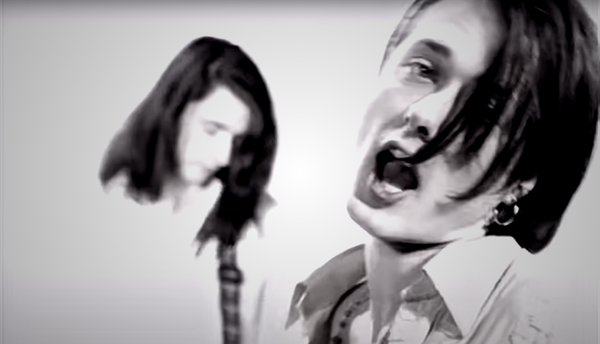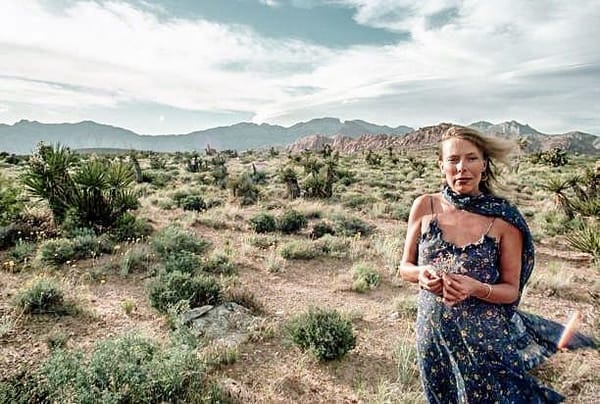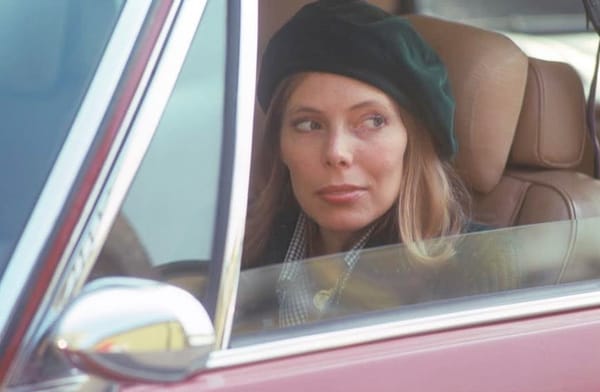Nickel Boys
Adaptation feels too tame a word for what Ross is up to in this astonishing film. What he accomplishes here is on the level of the magic that Charlie Parker worked on the 12-bar blues
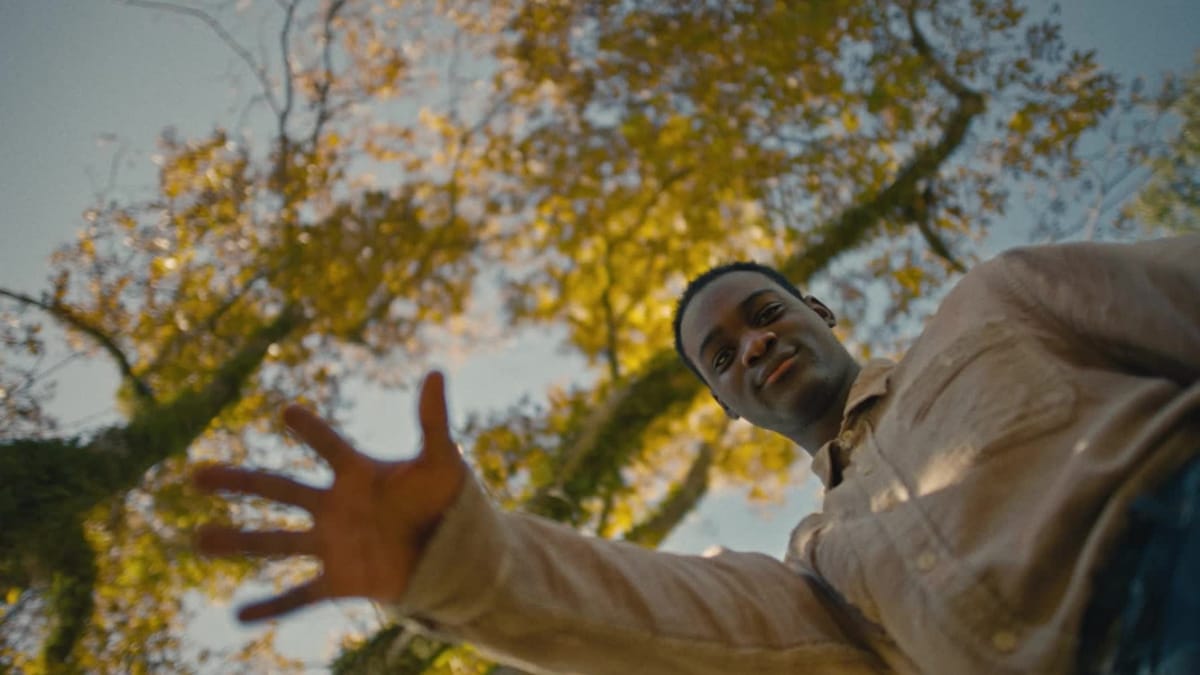
Directed by RaMell Ross
Starring Ethan Herisse, Brandon Wilson, Aunjanue Ellis-Taylor
Opens 3 January 2025
9/10
Back in 2016, off the back of the breakthrough success of his novel The Underground Railroad, the last thing that Colson Whitehead felt like writing was another deep, dark book about the legacy of slavery.
America, however, had other ideas. He channelled all his fear and loathing at the first election of Donald Trump into The Nickel Boys. For a postmodern fabulist, it was his most straightforward narrative yet - the tale of two Black boys, Elwood and Turner, detained at the Nickel Academy, a barbaric reform school in 1960s Florida, closely modelled on the real life Dozier School, which only closed in 2011 and was subsequently found to be the site of hundreds of deaths.
Now, as we embark on the fresh hell of the second Trump term, Whitehead’s book has been adapted for the big screen by RaMell Ross. Except “adaptation” feels too tame a word for what Ross is up to in this astonishing film. What he accomplishes here is on the level of the magic that Charlie Parker worked on the 12-bar blues, or what Kendrick Lamar conjured with the spirits of James Brown and p-funk. He takes the beats and motifs of Whitehead’s text and electrifies them into one of the great cinematic contrafacts of the 21st century.
You might be familiar with Ross from his lyrical 2018 documentary, Hale County This Morning, This Evening, where, through the meandering stories of two boys growing up in Alabama, he fashioned his idea of the “epic-banal”, that is, “the magnificence of the universe’s encasement in the social", a kind of transcendentalist cinematic collage.
The most obvious formal risk he takes in Nickel Boys is his choice of first person POV. We experience the first half of the movie entirely through the eyes, ears, dreams and nightmares of Elwood, growing up in early 1960s Tallahassee, his senses dazzled with the sunlight pouring through orange trees, Jack Kirby comic books, TV footage of the space race, and his mind afire with the only record in his collection, Martin Luther King at Zion Hill.
The technique has a long, ill-starred history, from the clunky 1947 Chandler adaptation The Lady in the Lake right up to Peep Show. Here it feels revelatory, capturing the accelerating sensory rush of the 60s, and then the sudden, whiplash austerity of the Nickel, where Elwood winds up after hitching a ride to college in the wrong Plymouth Fury.
There are two devastating performances at the heart of the film: Ethan Herisse as the teenage Elwood, his youthful idealism slowly souring as he endures the new regime of the Nickel, and Brandon Wilson as Turner, the more cynical fellow inmate he befriends. The film is haunted by the memory of the corny but indelible 1958 film The Defiant Ones, starring Sidney Poitier and Tony Curtis as shackled prisoners on the run. The boys form a similarly uneasy, unfaithful but abiding friendship and slowly plot their escape.
Way back at the beginning of Hollywood, at the 1915 White House screening of DW Griffith’s KKK epic Birth of a Nation, Woodrow Wilson was reported to have been awestruck, describing the film as “history written by lightning”. There’s actually no verifiable source for the line, but it could serve just as well as a poster quote for Nickel Boys. This is an electrifying film, and the world looks very different after experiencing it.

